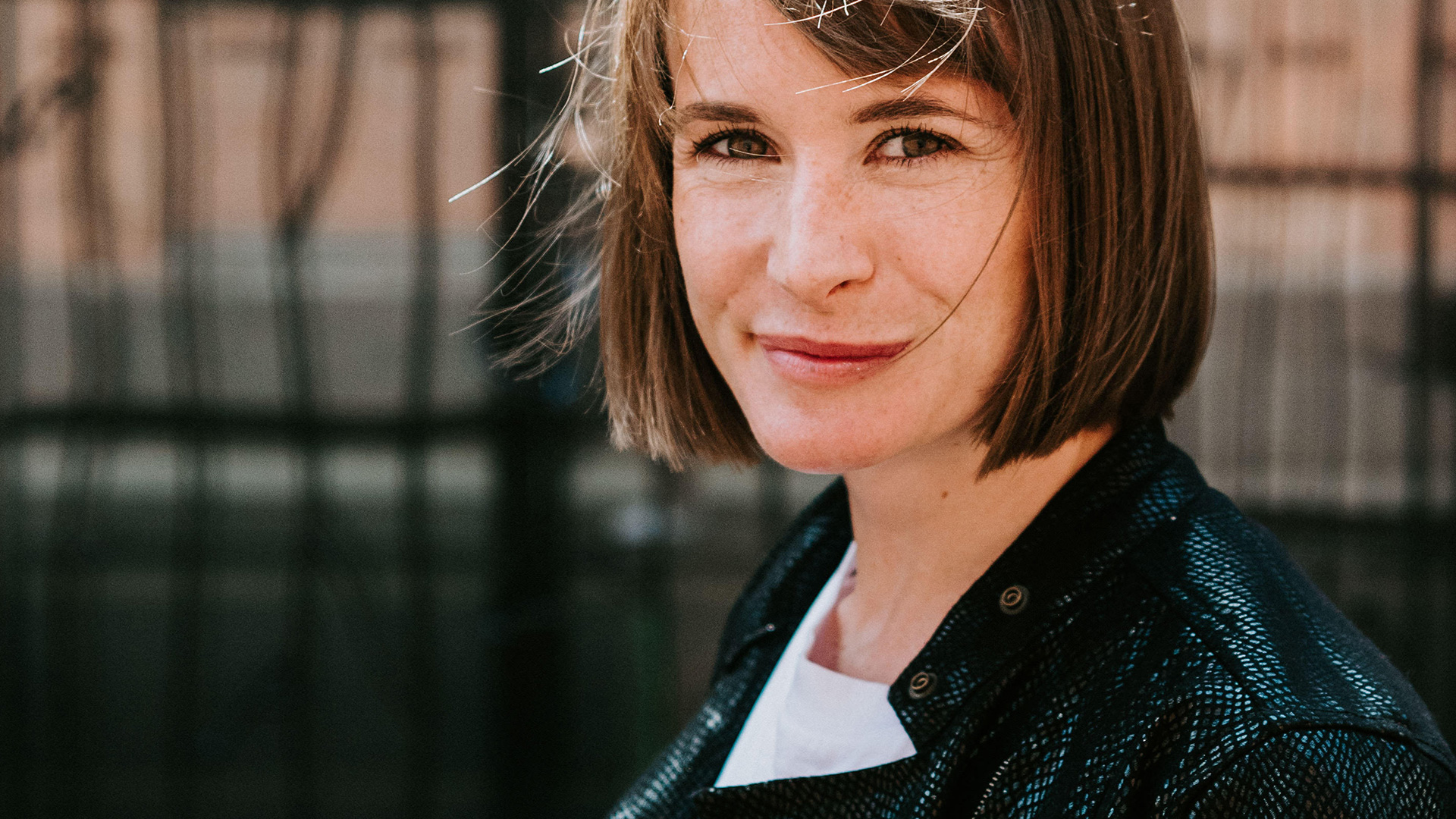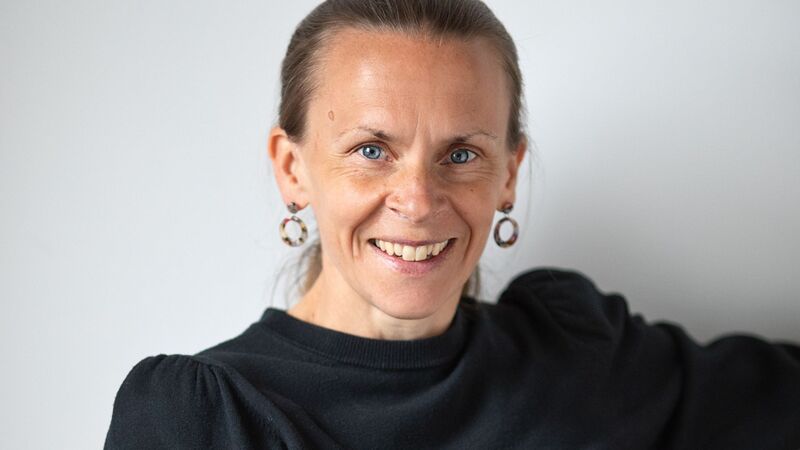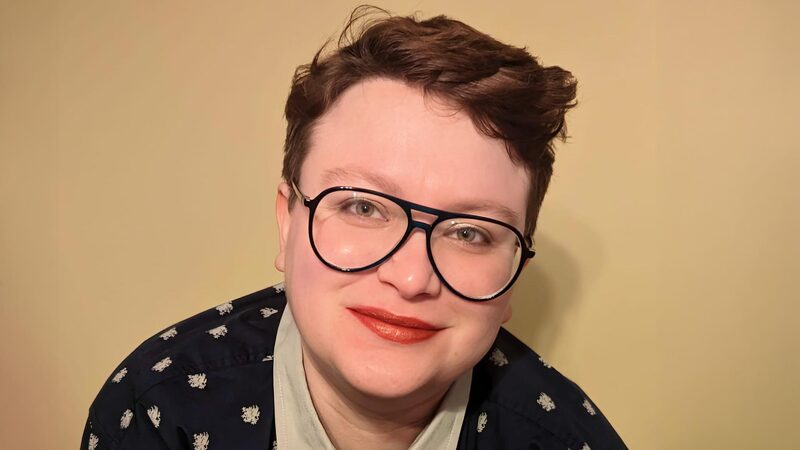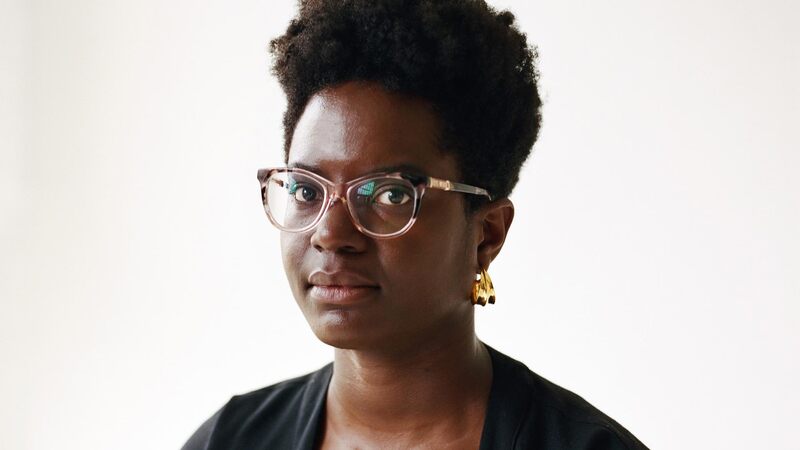You are viewing your 1 free article this month. Login to read more articles.
Abigail Dean in conversation about Girl A, her gripping new novel
Girl A, the novel that was the centre of a bidding frenzy on both sides of the Atlantic, looks set to catapult Abigail Dean into the bestseller lists
January is traditionally the month to launch a big fiction début, and Girl A (HarperCollins) is set to be one of the biggest. The subject of a fierce nine-way auction in the UK, this first novel has sold in 26 territories to date—including a seven-figure deal with Viking in the US—with TV rights snapped up by Sony Pictures Entertainment. Girl A grips the reader from the first page—I sat down, planning to read the first 50 pages but was unable to stop until I finished the whole book—but is also more nuanced and emotionally complex than a brief synopsis might suggest.
The novel is narrated by Lex (Alexandra), the “Girl A” of the title, now a fully functioning adult and a successful lawyer based in New York. But as a child she lived in northern England, with six siblings in a home dubbed the “House of Horrors” by the press. Back then Lex, the eldest, managed to escape and flag down a passing motorist. Her father committed suicide before he could be arrested, but her mother, Deborah Gracie, was convicted of terrible crimes against her children. Now her mother has died in prison, bequeathing Lex and her siblings the family home. As executor of the will, Lex is called back to England and must make contact with her adult siblings—all adopted by different families after their horrific upbringing—and somehow come to terms with their shared past.
Over the phone from her home in south-east London, Abigail Dean tells me she began thinking about Girl A while she was working for a law firm. She had just turned 29 and come to the realisation, she says, “that I had lost a lot of my twenties to being behind a desk”. After a particularly demanding month at work, when she barely saw daylight and missed her husband’s birthday celebrations on a Saturday night, she decided to resign and take some time to do what she always wanted to do: write. While reading English Literature at Cambridge, she had initially planned to be a journalist, rather than a lawyer, before a brief internship at Tatler put her off the idea. (Amusingly, she was dispatched to Oxford Street and given half an hour to purchase a pair of “perfectly white” socks for her boss, before he swanned off to Paris Fashion Week.)
Local inspiration
The inspirations for her first novel were varied. Dean tells me of a long-standing interest in true crime, and memories of travelling as a child from her home in the Peak District into central Manchester on a train which, as her dad pointed out at the time, passes both the house shared by the Moors murderers, and Harold Shipman’s surgery. There were two more recent cases “that, as I was starting to write Girl A, were in mind” she says. In 2017 in Minnesota, a young teen escaped from her male captors after nearly a month, and found the strength to swim across a lake to safety. A year later, in California, the parents of the Turpin family, whose photographs projected a happy family life, were revealed to have been shackling and starving their 13 children—something that only came to light after a 17-year-old escaped from the house and raised the alarm.
“I didn’t want it to be a novel about abuse, and about suffering. It is meant to be a novel about humanity and hope
Dean started to think about how these crimes, and the attendant publicity and media attention, might continue to affect the victims as time passes. Girl A opens with the line: “You don’t know me, but you’ll have seen my face”, an acknowledgement of how crimes can ‘live on’ online. Dean explains she was interested in writing a book that “deals less with the intricate details of the terrible things that do happen, and more with how trauma is processed and the ghosts of the headlines, many years later”.
She also wanted to write about the relationship between siblings, and the book’s closest relationship is between narrator Lex and younger sister Evie. An only child, Dean says that she grew up “wondering what it was like to have a sibling” and observing the love/hate dynamic between her friends and their brothers and sisters.
Girl A is cleverly structured, moving back and forth seamlessly between Lex’s life in the present, and the childhood she survived. “I hope it’s useful for the reader to have the comfort of going back to the present and knowing that Lex is OK; she’s not great, but she is OK. It’s one of the reasons [Lex’s] escape is in the first chapter… so it’s not hanging over the novel. [The escape] is not the point of it.”
I found the parts that I’m interested in are more the tenderness that comes after, or the moments of humanity
Gradually, a picture builds in the reader’s mind of the neglect and abuse, which is all the more powerful for not being explicit. It was a fine balance, she admits. “When I read other novels that dealt with abuse or difficult crimes, I always tended to find things more affecting and more moving when the reader is allowed to use their imagination, rather than being forced to consume specific images that the author is pressing upon them. I found the parts that I’m interested in are more the tenderness that comes after, or the moments of humanity.” Later, she adds: “I didn’t want it to be a novel about abuse, and about suffering. It is meant to be a novel about humanity and hope.”
In a three-month gap between leaving her old job and starting a new one, she worked on Girl A every day at Dulwich Library. When she started a full-time role as a lawyer for Google, she “chipped away” at the novel in her spare time for the next nine months. When the time came to find an agent, she did her research diligently (including taking out a subscription to The Bookseller) and found five whose lists indicated she might be a good fit. Three agents expressed strong interest, but Girl A found a home with Juliet Mushens, who impressed Dean by telling her the novel needed “a good few months’ editing” before it was ready to go out on submission to publishers.
Dean is already working on her second novel, The Conspiracies, about the aftermath of a terrorist attack, but she has no plans at present to write full-time. Being a lawyer is not only fascinating, she says, but also helps with the novel-writing. “The ruthless attention to sentences and words [in contracts] and how they can be interpreted... Everything you write, you’ve got to think, ‘Well, that could be analysed in court some day.’”
Extract
You don’t know me, but you’ll have seen my face.
In the earlier pictures, they bludgeoned our features with pixels, right down to the waist; even our hair was too distinctive to disclose. But the story and its protectors grew weary, and in the danker corners of the Internet we became easy to find. The favoured photograph was taken in front of the house on Moor Woods Road, late on a September evening. We filed out and lined up, six of us in height order and Noah in Ethan’s arms, while Father arranged the composition. Little white wraiths squirming in the sunshine. Behind us, the house rested in the evening light, shadows spreading from the windows and the door. We were still, and looking at the camera.
It should have been perfect. But just before Father pressed the button, Evie squeezed my hand and turned her face up towards me; in the photograph, she is just about to speak, and my smile is starting to curl. I don’t remember what she said, but I’m quite sure that we paid for it, later.
Dean writes with a pile of books on her desk “so whenever I get stuck, I can read a few sentences of someone else’s incredible novel”. Particular favourites include Cormac McCarthy’s The Road (“I definitely found some inspiration there in terms of the incredibly tender relationship in the midst of catastrophic circumstances”) and Kazuo Ishiguro’s novels. “His narrators… they say so much with what they don’t say. I’m sure there will be people who read [Girl A] and think that Lex is a relatively cold narrator, but I hope that people see it’s more that she is subdued. There’s a lot she gives away in what she holds back, rather than what she specifically discloses.”











